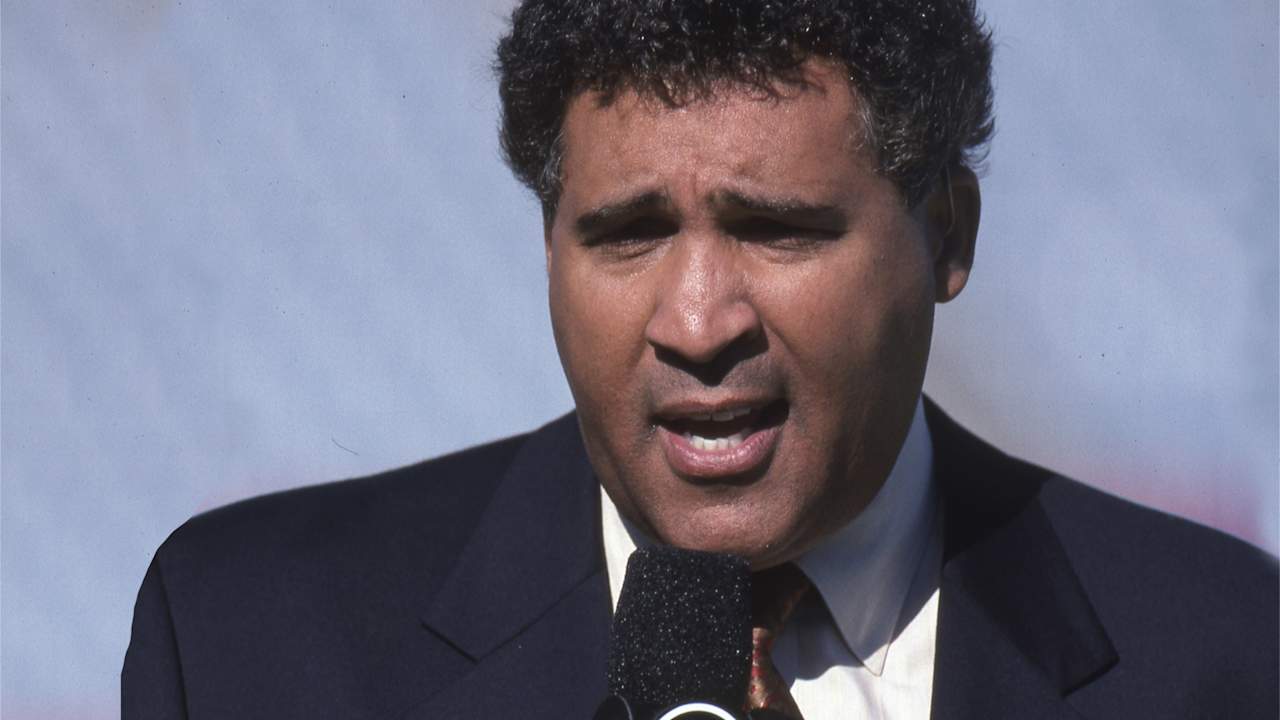Travel
Travel shaming has reached epidemic proportions. But what’s the cure?

The ultimate guide to booking cheap holiday flights
Save big on holiday travel: How to find cheap flights
- Travel shaming is on the rise, fueled by concerns about climate change and post-pandemic travel attitudes.
- Experts advise responding to travel shamers with empathy and understanding rather than defensiveness.
- Travelers can minimize shaming by choosing less-visited destinations and being prepared to explain the benefits of their trips.
Leah Frazier is tired of being travel-shamed.
She recently posted a video to her social media accounts about her adventures in Dubai, which included attending brunch at one of the Gulf state’s legendary luxury hotels.
“The video showed a group of travelers having the time of their lives,” said Frazier, who runs a marketing agency in Dallas.
Check out Elliott Confidential, the newsletter the travel industry doesn’t want you to read. Each issue is filled with breaking news, deep insights, and exclusive strategies for becoming a better traveler. But don’t tell anyone!
But the comments were angry and demeaning. Why did she fly halfway around the world just to eat brunch? How could she be so culturally insensitive? Wasn’t she embarrassed by her behavior?
“I got a lot of ‘shame-on-you’ responses,” she recalled.
Frazier is not alone. Although travel shaming is a practice that’s as old as travel itself, it’s been picking up some momentum lately. During the pandemic, many Americans mistakenly thought they had acquired a license to tell each other how they could travel. And then growing climate change awareness lit a fire under this phenomenon.
Now, anyone who travels could get travel-shamed. That includes you.
What is travel shaming?
If someone scolds you for traveling too much, they’re travel-shaming you.
The shaming can take several forms:
◾ Environmental travel shaming. Think Swedish flygskam, which became trendy just before the pandemic. Most air travel harms the environment, so there’s plenty of embarrassment to go around.
◾ Political travel shaming. That’s where you visit a hostile country such as North Korea or Iran or a place with a large indigenous population and a history of exploitation.
◾ Animal travel shaming. If you go on a Big Five hunting expedition in Africa or even do a swim-with-the-dolphins experience, you might undergo shaming from those concerned about animal welfare.
A recent study of travel shaming by Temple University researchers found that the embarrassment caused by travel shaming can make people change their behavior. However, it notes that the carrot works better than the stick; the “positive framing” of any concerns was far more effective. But maybe it’s not as much fun.
And make no mistake, travel shaming in the age of the internet is fun – at least for those doing the shaming. Even airlines do it. If you’ve read the comments section of any travel blog, you know what I mean.
So what’s the solution? Experts say the trick is a little rhetorical jiu-jitsu, choosing your destination carefully and knowing what to say if someone tries to dress you down.
Avoid being defensive – and show some empathy
The moment someone comes at you with a finger-wagging, you want to respond. Of course, you do! But take a deep breath and let them speak.
“Consider the reason the person is attempting to shame you,” said Abbe Depretis, who teaches business communication at Carnegie Mellon University. “Are they jealous that they can no longer afford to travel or take time off work and they are lashing out? Are they concerned about the rights of the people in the destination or about the environmental impact of travel?”
Once you understand where the person is coming from, you can have a productive conversation, added Depretis.
Book away from the embarrassing destinations
That’s what Jay Ternavan, founder of Jayway Travel, recommends. For example, you might catch some flak for visiting a place like Dubrovnik, Croatia, a beautiful walled city on the Adriatic with a reputation for being overrun by cruise ship passengers.
“Rather than contributing to the strain on Dubrovnik, why not explore hidden gems like Rovinj, Šibenik, and Korčula?” he says. “These charming places have rich histories, stunning architecture, and equally beautiful coastlines – all without the overwhelming crowds.”
Have an answer ready
One thing is for sure: If you do any kind of traveling in 2025, you will probably get criticized by someone. Shel Horowitz, who specializes in advising businesses on environmental issues, advises you to have a diplomatic answer ready.
“I tell them my travel allows me to bring back solutions from other countries,” he said. “For example, in Iceland, I discovered the country is almost entirely powered by renewable energy. But it also gives me a deeper understanding of the environmental issues others face in different parts of the word.”
As someone who specializes in writing about sustainability and tourism, I’ve used Horowitz’s method before. Yes, my flights emit CO2 just like everyone else’s, but my trips also bring a greater awareness of the environmental challenges the tourism industry faces.
How I deal with travel shamers
Confession: If anyone deserves to be travel-shamed, it’s probably me. I’m constantly on the road, and I fly everywhere. This year alone, I’ve lived on five continents.
Ironically, I face a different kind of travel shame from my journalism colleagues, some of whom travel even more than I do.
There’s an unwritten rule that you must have visited at least 100 countries to call yourself a travel expert. When I meet a colleague, we often compare notes. And when they say, “Have you ever been to X” – and I say “no” – I admit I’m embarrassed.
So we prod each other to travel more.
But when people ask me how I can justify all that travel, I remind the shamers that humans were nomadic until about 12,000 years ago. A peripatetic lifestyle is more traditional than a sedentary one. So please don’t shame me for being normal.
Frazier, the woman with the Dubai video, said at first that the shaming comments upset her. She insists she wasn’t being wasteful or disrespectful. She and her friends were just having a good time.
But as she continued to read the comments, Frazier realized that people were making assumptions about her that were wrong. She started to answer the comments but then realized the shamers were probably just jealous because they didn’t get to visit a luxury hotel in the United Arab Emirates.
“So I just let them go,” she said.
Christopher Elliott is an author, consumer advocate, and journalist. He founded Elliott Advocacy, a nonprofit organization that helps solve consumer issues. He publishes Elliott Confidential, a travel newsletter, and the Elliott Report, a news site about customer service. If you need help with a consumer problem, you can reach him here or email him at chris@elliott.org.










